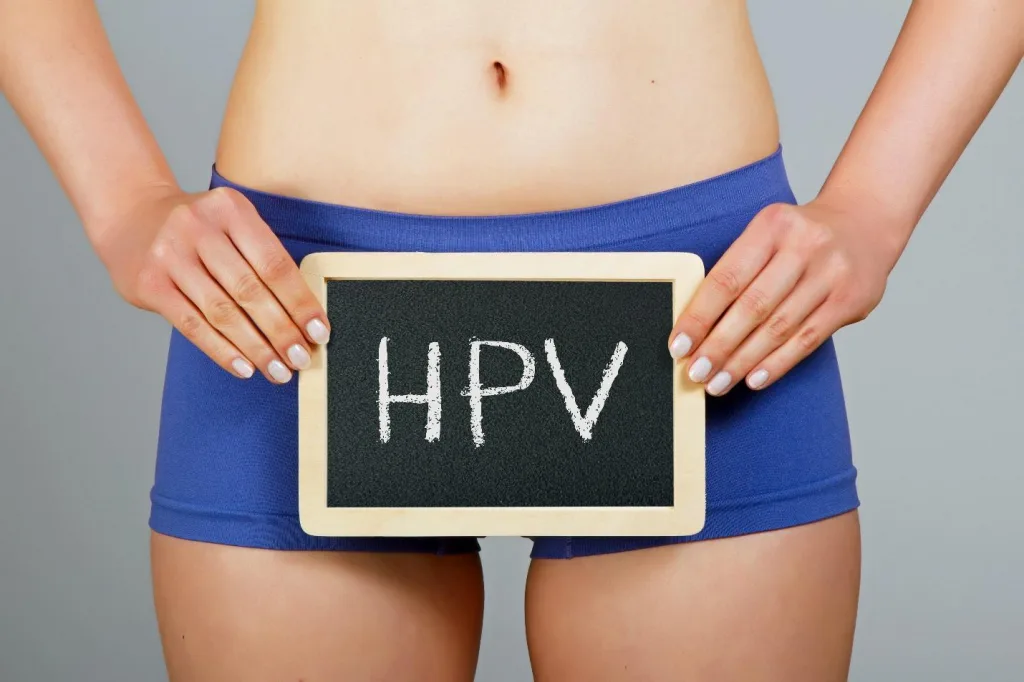Let’s talk About HPV, Baby!
By: Dr. Charina Ann R. Pelayo
Genital warts are the most common Sexually Transmitted Infections (STI) globally. They are caused by particular types of Human Papilloma Virus (HPV) and may be passed on through direct skin-to-skin contact with someone who has HPV on their skin during genital, oral or anal sex.
Genital warts may appear on the penis and scrotum in males, on the labia or in the vagina of females, and even on the anus and mouth or throat of both sexes. They may appear as flesh-colored bumps or look like small pieces of cauliflower. You can have just one genital wart or a bunch of them. Sometimes they itch, but most of the time you don’t feel anything at all. It is possible to get or even spread these warts even if you cannot see them. Although rare, a child may get infected with HPV while passing through the birth canal of the mother with genital warts.
Now, not all bumps on the genitals are caused by HPV. There are other skin conditions that might look like genital warts but are not. If you think you have genital warts, it’s important to get checked out by a board-certified dermatologist.
A dermatologist can diagnose genital warts by examining the warts during a consultation. Sometimes, the dermatologist will remove the genital wart or a part of it to send to the laboratory to confirm the diagnosis of HPV. For females, getting a PAP smear once a year is highly encouraged since HPV is the major cause for cancer of the cervix.
If you do get diagnosed with genital warts, there are several treatment modalities that can be done. A dermatologist may freeze or burn the warts in the clinic. He or she may also prescribe medicine that you will apply at home like Imiquimod, which increases the body’s immune system to get rid of the virus.
To protect yourself from getting infected with HPV, get vaccinated with the HPV vaccine. Practice safe sex. Latex condoms can lower your chances of getting HPV, but you may still get infected from the areas not covered by a condom.




